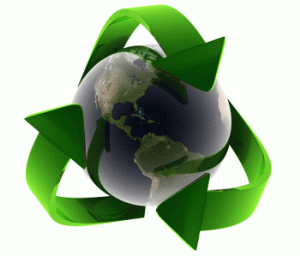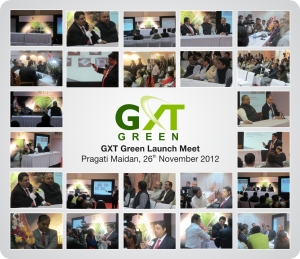-by Ed Weisberg
As we head into 2013, it’s a great time to reflect on the progress being made in helping to  address the problems of plastic bag littering. There has been a tremendous increase in awareness of the danger and environmental damage of plastic bag pollution. Even more importantly, as understanding of the issues evolve, solutions are becoming more realistic, rather than reactionary. There are dozens of towns and cities around the world that have recognized the problem. With emotions running high, and a lack of information about alternatives, many of these communities simply banned, or are considering banning or taxing plastic bags.
address the problems of plastic bag littering. There has been a tremendous increase in awareness of the danger and environmental damage of plastic bag pollution. Even more importantly, as understanding of the issues evolve, solutions are becoming more realistic, rather than reactionary. There are dozens of towns and cities around the world that have recognized the problem. With emotions running high, and a lack of information about alternatives, many of these communities simply banned, or are considering banning or taxing plastic bags.
The encouraging news in 2012 has been that many communities have recognized that they must offer a solution for consumers and retailers when banning plastic bags. Thus, many of them have begun to take a more holistic view of the issue. In some cases, such as the Commonwealth of Massachusetts and Iowa City, Iowa, leadership has recognized that there may be alternatives, and are holding off on a ban vote until they have had time to educate themselves on available alternatives to plastic bags such as photodegradable bags. In other cases, such as Toronto and the North Carolina Outer Banks, they have had the experience of banning bags, and then withdrawing the bans when they realize that it places an untenable burden on their retailers and consumers. Others, such as Delhi, India, have done their homework, and are modifying their bans to allow non-toxic photodegradable bags to be used in their communities in place of plastic bags.
We at GXT Green are encouraged by the trend to consider viable alternatives to plastic bags. As we look to 2013  we believe that an intelligent alternative will become the norm. Bans don’t work. Evidence is mounting to show that paper bags are worse on the environment than plastic, and most reusable bags, besides being problematic for consumers to remember, need to be used hundreds of times to minimize their environmental impact. In addition, as confirmed by a recently published study in the Social Science Research Network, there has been a 25% increase in emergency room visits and deaths due to bacterial infections where bag bans have been instituted and people are reusing bags.
we believe that an intelligent alternative will become the norm. Bans don’t work. Evidence is mounting to show that paper bags are worse on the environment than plastic, and most reusable bags, besides being problematic for consumers to remember, need to be used hundreds of times to minimize their environmental impact. In addition, as confirmed by a recently published study in the Social Science Research Network, there has been a 25% increase in emergency room visits and deaths due to bacterial infections where bag bans have been instituted and people are reusing bags.
As consumers, governments, businesses and environmental groups search for a solution, they are coming to recognize that there is a great alternative that meets all of their needs. In fact, The Massachusetts Technology Leadership Council, an organization made up of some of the most forward-looking firms in the US, recognized the ECOgrade photodegradable bag as the “consumer product of the year” in acknowledgement of its properties and as the viable solution to the plastic bag dilemma.
Over 9 major US retailers are currently committed to field testing ECOgrade bags in their  stores. One of the most prominent bag distributors in India has committed to ECOgrade as a solution to the plastic bag ban in their country. Industry pundits who are looking for solutions to the bag issue, such as Ken Green and Elizabeth DeMeo of the Pacific Research Institute in their Issue Brief Paper “The Crusade Against Plastic Bags” and Sam Gregory of WebHolism.com in his article “Plastic Fantastic: The Return of the Carrier Bag” are suggesting that communities should consider embracing ECOgrade.
stores. One of the most prominent bag distributors in India has committed to ECOgrade as a solution to the plastic bag ban in their country. Industry pundits who are looking for solutions to the bag issue, such as Ken Green and Elizabeth DeMeo of the Pacific Research Institute in their Issue Brief Paper “The Crusade Against Plastic Bags” and Sam Gregory of WebHolism.com in his article “Plastic Fantastic: The Return of the Carrier Bag” are suggesting that communities should consider embracing ECOgrade.
So what can you do as an individual? If you live in a community that is considering a bag ban (or who has already implemented one), please reach out to your government representatives to ensure that they know all the facts, and are offering a solution to the problem. Ask them to read some of our blogs, or some of the industry research cited above. Let’s make 2013 the year that we solve the bag pollution problem in an environmentally and economically viable way. ECOgrade bags offer that solution.
For more information on ECOgrade photodegradable bags or the issues concerning plastic bag pollution, please contact GXT Green at info@GXTGreen.
-Edward Weisberg is Senior Vice President of Marketing and Business Development, GXT Green
